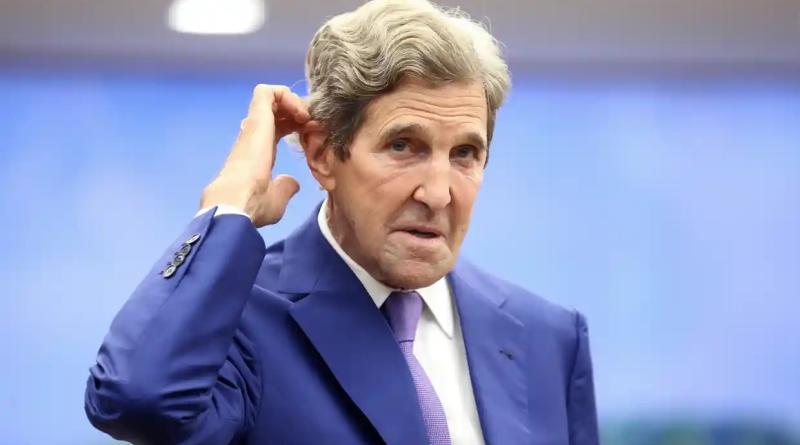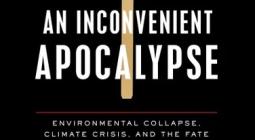The Guardian view on climate diplomacy: it’s crunch time – again

Freezing relations between the US and China threaten this year’s crucial Cop27 summit
Less than two weeks before Cop27 opens in the Egyptian resort of Sharm el-Sheikh, an outline of what to expect from the negotiations is becoming more distinct. The issue of loss and damage is expected to dominate – as it should. Wealthy countries have broken the promise made in 2009 at Cop15 in Copenhagen. An annual climate finance budget of $100bn was agreed then to help the countries most dangerously exposed to global heating to adapt. But contributions have fallen short. The group of countries known as the V20, which includes the Philippines and several small island states, are justifiably angry and determined to ensure that past failures are confronted.
So is Pakistan, which is not part of V20 but suffered catastrophic losses during recent floods. With one-third of its landmass under water and valuable crops destroyed by what one senator, writing in the Guardian, called a “monster monsoon”, the country now faces an immediate crisis as well as a longer-term, existential threat from melting glaciers. Pakistan, with its population of around 220 million people, is responsible for just 1% of global greenhouse gas emissions. Meanwhile, G20 countries between them produce 80%.
“People are enjoying their lives in the west, but someone here is paying the price,” said one government minister, Ahsan Iqbal. Such views have been echoed by other leaders. At Cop26, Madagascar’s environment minister, Baomiavotse Vahinala Raharinirina, told the Guardian she believed that some short-haul flights should be banned. “You have to make a choice or have to make a sacrifice,” she said, pointing to the climate-induced famine in her country as the price being paid for western consumption habits.
But while lifestyle changes such as reducing meat-eating and car use are increasingly recognised as an important element of emissions-cutting plans, it is governments that must step up in Egypt. A bilateral agreement between the US and China was among the most encouraging developments at Cop26. Then, the US’s climate envoy, John Kerry, spoke of global heating as an issue of “math and physics” rather than politics. His Chinese counterpart, Xie Zhenhua, said “there is more agreement between China and the United States than divergence”.
Eleven months on, relations between the two superpowers have chilled. Nancy Pelosi’s visit to Taiwan in the summer angered Chinese leaders. A recently unveiled US national security strategy described China as “America’s most consequential geopolitical challenge”. It was swiftly followed by new export controls on microchips, intended to hamper Chinese ambitions. The question is whether climate negotiations can be forced back on track despite this. While Mr Kerry used an interview in the Guardian on Tuesday to appeal for renewed cooperation, the war in Ukraine, combined with the China-US standoff, have significantly raised tensions and lowered expectations.
The hope is that once leaders gather in Egypt, the scale of the threat from rising temperatures will focus minds. In asking for international support with loss and damage, the global south countries have right on their side – as rich countries knew when they agreed to the original climate finance package. Governments left Glasgow last year knowing that they had fallen short of what is required if humanitarian disasters of unimaginable severity are to be prevented. The window of opportunity for policies that will deliver on the headline commitment to keep global temperature rises below 1.5C gets smaller every year.
COVER PHOTO: At Cop26, the US’s climate envoy, John Kerry, spoke of global heating as an issue of ‘math and physics’ rather than politics. Photograph: Luong Thai Linh/EPA






